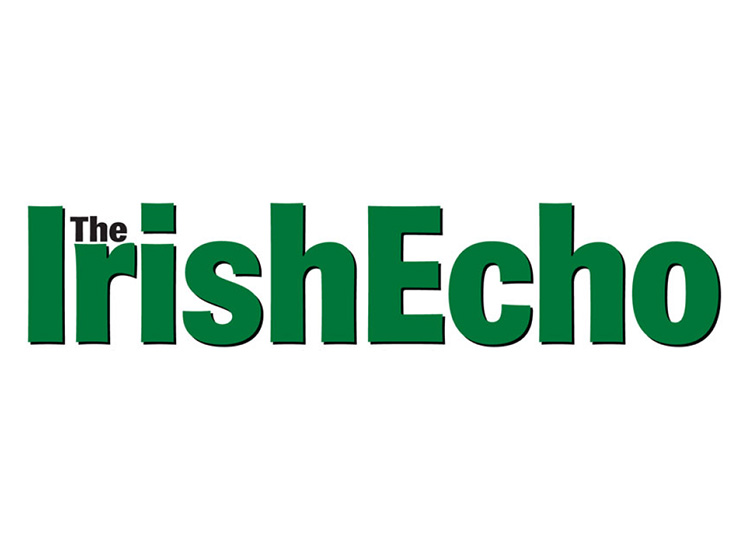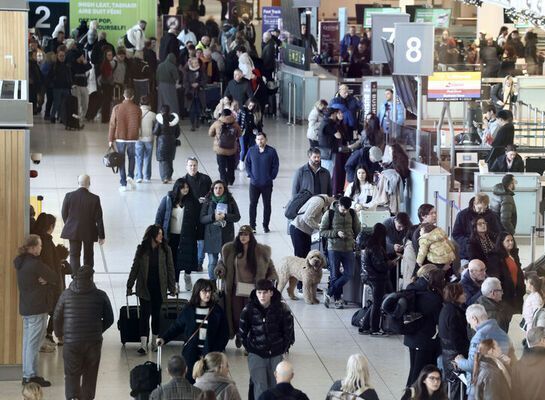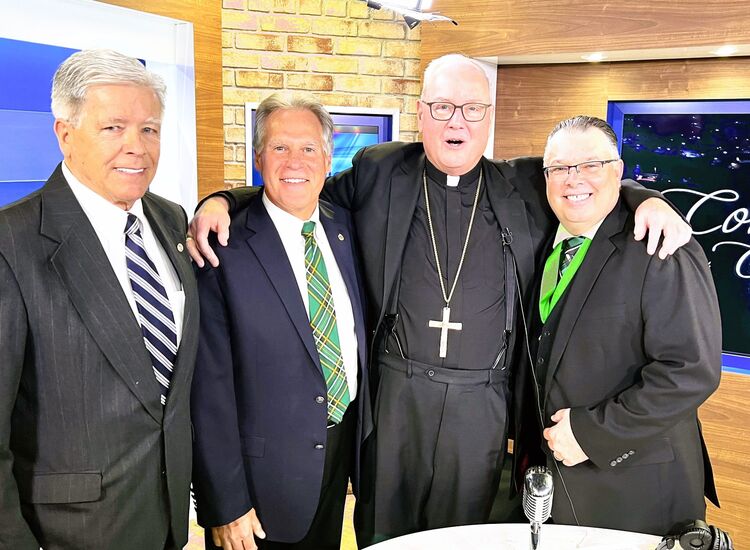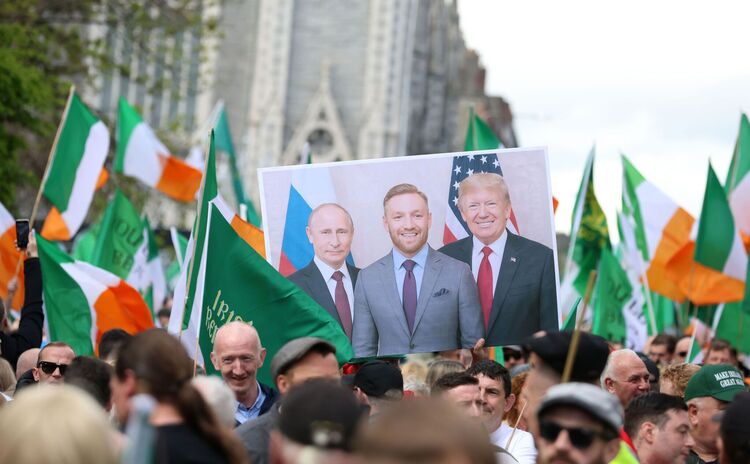The Roscommon-born Fr. Michael O'Flanagan is one of the great mavericks in Irish political history. A vice-president of Sinn Féin during the tumultuous revolutionary period nine decades ago, he was an early revisionist, saying that geography had made Ireland one nation, but that history had made it two.
He stayed with the party after the Treaty split and also after Éamon de Valera founded Fianna Fáil. He was a rare clerical opponent of General Franco at a time when even some Sinn Féiners were as enthusiastic about the Spaniard as the Irish bishops. It was in the 1930s, too, that O'Flanagan was expelled for his contact with Free State institutions, notably the passport office and Radio Eireann.
I've never heard it suggested, though, that he had children. Nonetheless, the new Roscommon TD Luke "Ming" Flanagan claims to be a "direct descendant" of the priest in a questionnaire completed for "Election 2011 and the 31st Dáil," a new book by RTE's political journalists. And to the question: what politician do you most admire (Mandela, FDR, JFK, Michael Collins, Seán Lemass and such like getting several mentions each), he states simply that he's never given it much thought.
The independent Flanagan is best known for his support of the legalization of cannabis. He made public a commitment on March 23, however, not to smoke pot, in the Republic at least, because he's a family man and he doesn't want the gardaí knocking on his door. One presumes that the colorful TD filled out the book's questionnaire before that date.
Kudos to Padraig Mac Lochlainn, Sinn Féin TD for Donegal North-West, for one of the most thoughtful selections on the issue of most admired politician: the conservative evangelical Christian William Wilberforce, who led the successful British parliamentary campaign to abolish the slave trade. Otherwise the Sinn Féin people seemed to have sat in a room and decided on James Connolly and/or Bobby Sands. To be fair, however, Gerry Adams did mention Bill Clinton, which for me, like the Wilberforce reply, is more in the spirit of the question. Sean Kyne, the Fine Gael TD for Galway West, gave the second most interesting answer, departing from the favored heroes, of that traditionally right-of-center party, Collins and W.T. Cosgrave. He picked FDR and LBJ, two big-government, liberal U.S. presidents.
No doubt, people at some point in the future will find it interesting looking back that so many Irish pols in 2011 picked Nelson Mandela and that the leader of the Labour Party and foreign minister Eamon Gilmore gave Dr. Martin Luther King Jr. as his choice. But aren't iconic figures rather safe?
It's interesting, in contrast, that so many Labour representatives picked Jim Kemmy and Dr. Noel Browne, two controversial figures who spent much of their careers at odds with the party establishment. The Limerick historian and stonemason Kemmy left the party years before he became an independent TD. His Democratic Socialist Party eventually merged with Labour. Browne, who people credit with the eradication of tuberculosis in Ireland in the late 1940s and early '50s, fell out with just about everybody. He joined no less than five parties in his career, including one he formed with his long-time ally Jack McQuillan, another Roscommon radical.
In his later years, Browne was a mentor to leftists like Michael D. Higgins, who tried to win support for his nomination as Labour's presidential candidate in 1990. Party leader Dick Spring was appalled and sponsored instead the ultimate winner Mary Robinson. (In a footnote to that episode, Higgins recently defeated Spring's old lieutenant Fergus Finlay for this year's presidential nomination.)
Back in 1949, Browne was the only government minister to attend the Church of Ireland funeral of Ireland's first president Dr. Douglas Hyde, which was seen as a snub to the Catholic hierarchy. The socialist physician is remembered by some as a curmudgeon, but he was also that type of maverick who was in certain respects ahead of his time.









